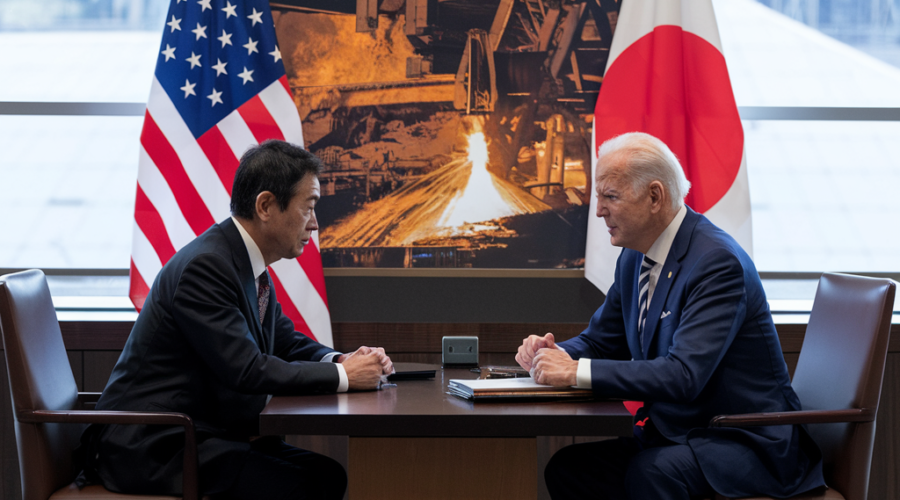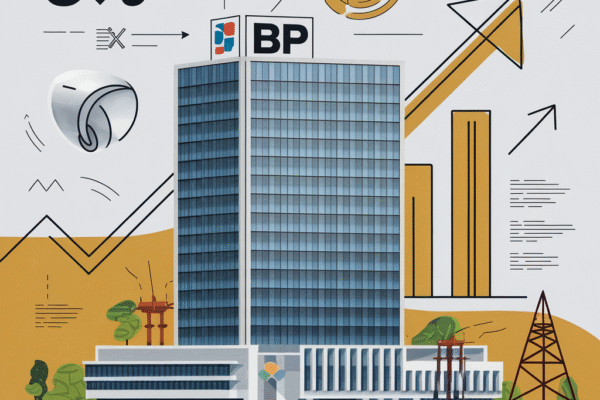- Geopolitical Tensions: Japan’s PM urges Biden to address concerns over the blocked Nippon Steel-US Steel deal, highlighting geopolitical trade tensions.
- Market Access Concerns: Japan raises questions about fairness of U.S. regulatory practices restricting Japanese firms’ ability to operate in the U.S. market.
- Historical Context: The 2018 Trump steel tariffs and past U.S.-Japan steel trade negotiations provide context for the current dispute.
- Economic Implications: Potential trade volume reduction, supply chain disruptions impacting automotive and construction industries reliant on steel.
- Industry Reactions: Nippon Steel CEO expresses disappointment, while analysts note deal’s strategic importance. Labor unions, environmental groups raise concerns.
- Global Supply Chains: McKinsey study highlights how disruptions can increase costs and reduce efficiency for companies in global supply chains.
- Diplomatic Efforts: While some analysts believe diplomatic efforts can resolve the dispute, regulatory hurdles and challenges may persist.
- Investment-Friendly Environment: Ensuring an investment-friendly environment is critical for allies and partners to maintain economic security, as emphasized by Japan’s PM.
- Open Communication: Regular consultations between business leaders, officials, and regulators can address concerns and find mutually beneficial solutions.
- Future Outlook: Mitigating risks associated with geopolitical tensions through continued economic cooperation between Japan and the U.S. is crucial.
References
- Japan PM urges Biden to address concerns over U.S. Steel deal
- Japan PM asks Biden to allay concerns over Nippon Steel-US Steel deal
- The Future of Global Automotive Supply Chains
- Steel Industry Report





